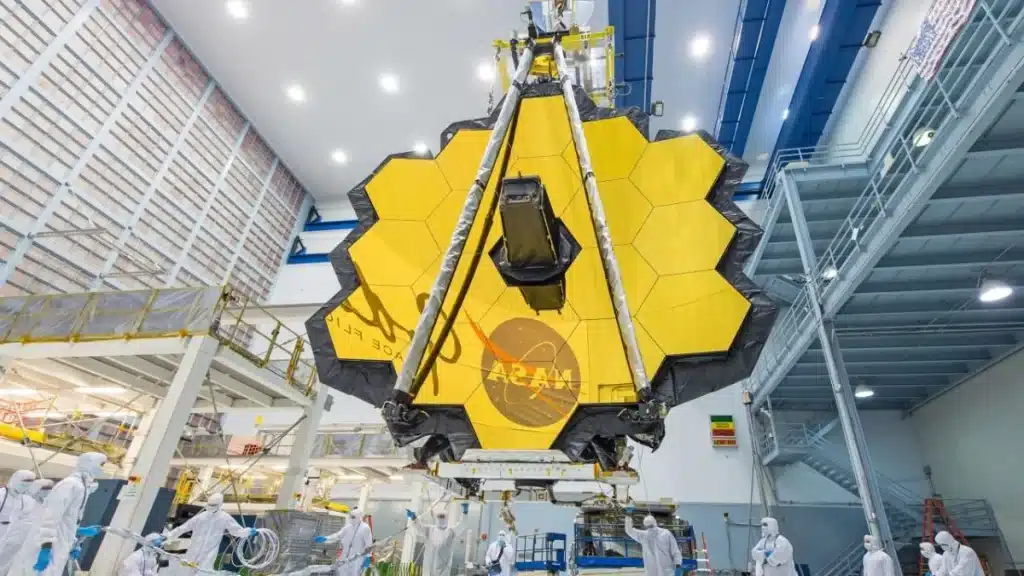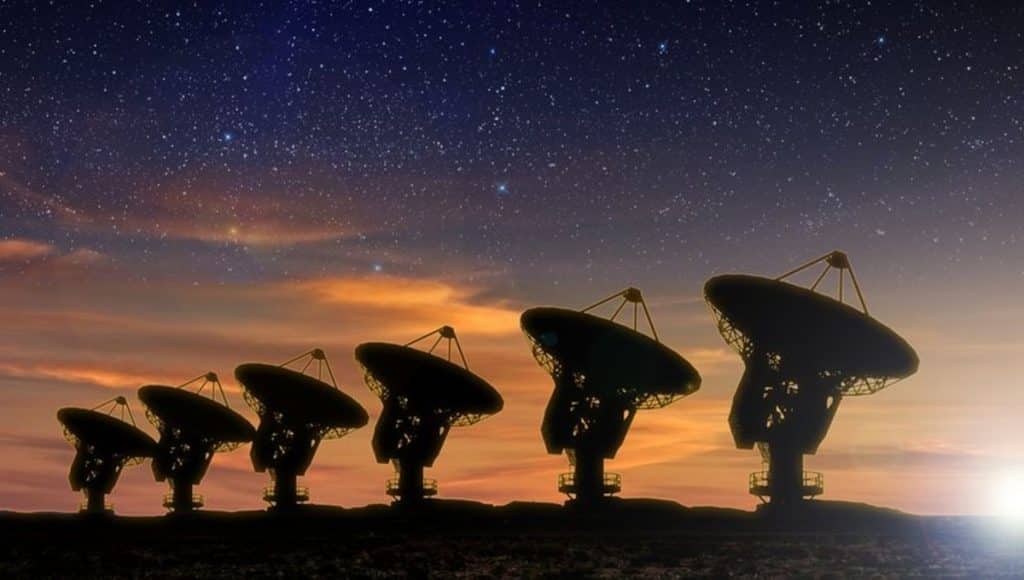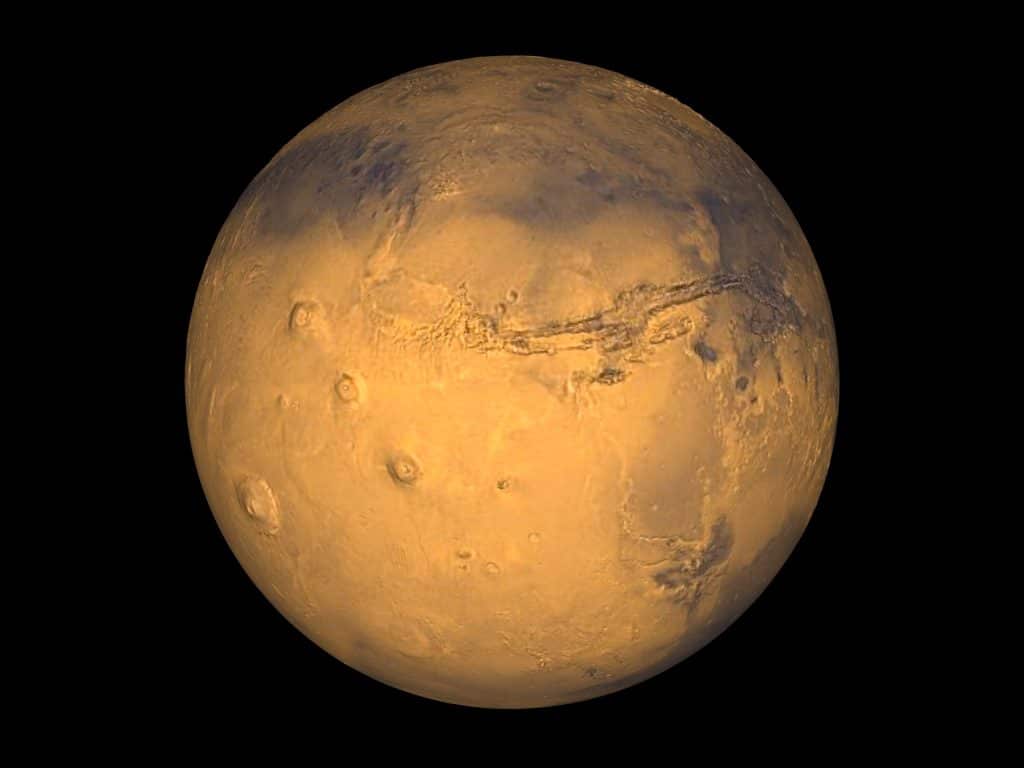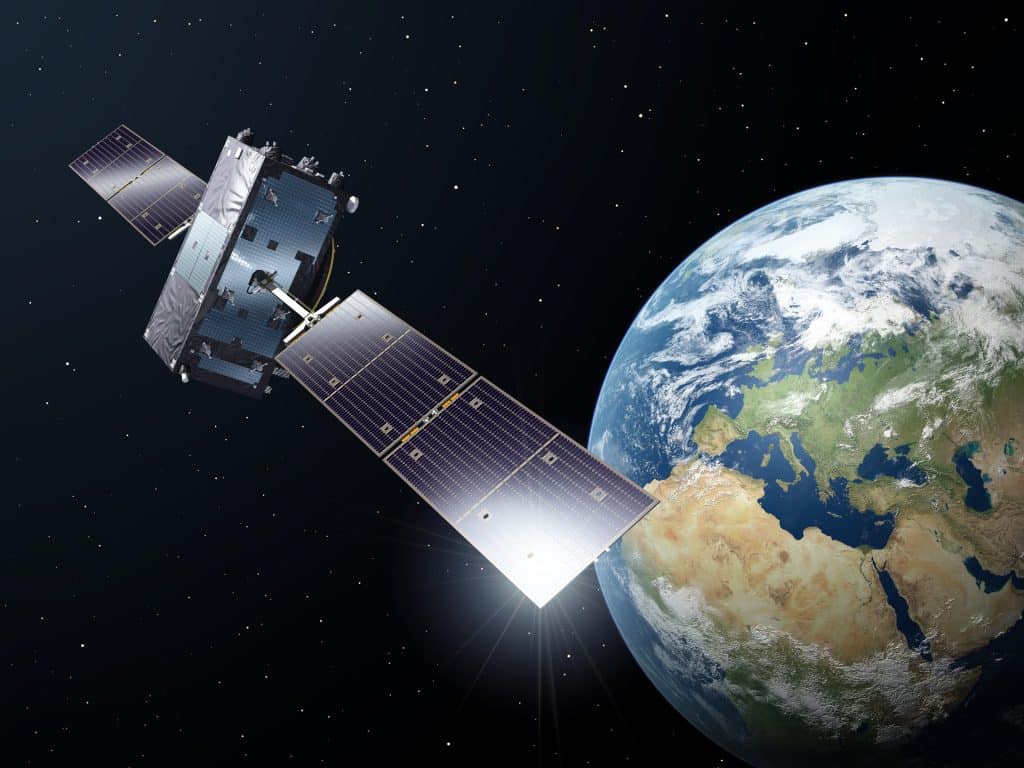The cosmos has always been a subject of fascination, a vast expanse that has intrigued humanity for centuries. As technology advances, the quest to explore and understand the universe has taken on new dimensions, revealing discoveries that were once the stuff of science fiction. From the mysteries of dark matter to the search for extraterrestrial life, space exploration is undergoing a renaissance. Private companies are joining government agencies in a new space race fueled by technological innovation and the promise of untold discoveries. This article post aims to delve into the latest breakthroughs in space exploration, examining how they are reshaping our understanding of the universe and what lies ahead.
Contents
The New Space Race

The 20th-century space race was primarily a competition between the United States and the Soviet Union, fueled by Cold War tensions. Fast forward to the present, and the landscape has changed dramatically. Private companies like SpaceX and Blue Origin are making significant strides, working alongside traditional government agencies like NASA. The democratization of space exploration has opened up new opportunities and challenges, making it a multi-player arena where even smaller countries are making their mark.
The international dimension of the new space race cannot be ignored. Countries like China and India are investing heavily in space programs, with missions ranging from lunar landings to Mars rovers. The European Space Agency (ESA) and Roscosmos, the Russian space agency, are also key players. This global participation is not just a testament to the universal allure of space but also raises questions about cooperation and competition on a cosmic scale.
Technological Advancements in Space Exploration

The technological leaps in the last decade have been nothing short of revolutionary. Reusable rockets, for instance, have drastically reduced the cost of sending payloads into space. Companies like SpaceX have successfully launched and landed rockets, making space travel more sustainable and economically viable. These advancements are not just about cutting costs but about making space exploration a routine part of human activity.
In addition to rockets, other technologies like ion drives and advanced telescopes are changing the game. Ion drives, which use electrically charged particles for propulsion, offer a more efficient way to navigate in space. Advanced telescopes, like the James Webb Space Telescope, set to launch soon, promise to peer deeper into the universe than ever before. These technological advancements are not just accelerating the pace of discovery but are also expanding the scope of what is considered possible.
Unveiling the Dark Matter Mystery

Dark matter is one of the most enigmatic aspects of the universe. Despite making up about 27% of the universe’s mass-energy content, it remains invisible and undetectable by conventional means. However, its gravitational effects on visible matter indicate its presence, making it a subject of intense study and speculation. Recent experiments in particle physics are inching closer to identifying what dark matter might be, offering tantalizing clues that could solve one of the biggest mysteries in cosmology.
Understanding dark matter is not just an academic exercise; it has profound implications for our understanding of the universe. If scientists can identify what dark matter is made of, it could revolutionize theories about the formation and expansion of the universe. Moreover, it could open up new avenues for technological innovation, as understanding fundamental aspects of the universe often leads to breakthroughs in applied sciences. The quest to unravel the secrets of dark matter is more than just a scientific endeavor; it’s a journey to redefine the boundaries of human knowledge.
The Search for Extraterrestrial Life

Whether we are alone in the universe has captivated human imagination for centuries. With advancements in technology, this philosophical question is now a scientific one. Projects like the Search for Extraterrestrial Intelligence (SETI) and Breakthrough Listen use advanced algorithms and powerful telescopes to scan the cosmos for signals indicating the presence of intelligent life. While no definitive evidence has been found, the search itself is groundbreaking.
Recent discoveries have added fuel to the speculative fire. The finding of water on Mars, the moons of Jupiter and Saturn, and the identification of exoplanets in the habitable zone have searched for extraterrestrial life more promising than ever. If life—intelligent or otherwise—were to be found, it would be one of the most monumental discoveries in human history, affecting everything from our understanding of biology to our place in the cosmic order.
Mars: The Next Frontier

Mars has always captured the human imagination as the most Earth-like planet in our solar system and, therefore, a likely candidate for future colonization. Recent missions like NASA’s Perseverance rover have searched for signs of ancient life and tested new technologies that could support human life on the Red Planet. For example, the rover’s ability to produce oxygen from the Martian atmosphere is a crucial step toward making human settlement feasible.
The idea of humans on Mars is no longer a distant dream but a foreseeable reality. SpaceX’s Starship, designed to carry humans to Mars, is in advanced stages of testing. NASA’s Artemis program also aims to return humans to the Moon as a stepping stone for Mars. The potential for human settlement raises exciting prospects but also brings challenges, such as the need for sustainable habitats and the ethical implications of colonizing another planet.
The Importance of Satellites

Satellites have become an integral part of modern life, serving functions that go beyond space exploration. They play a critical role in telecommunications, weather forecasting, and Earth observation. Launching more advanced satellites with high-resolution imaging and real-time data collection capabilities has revolutionized these fields, making monitoring climate change, natural disasters, and even social events from space easier.
While satellites have been around for decades, the latest technological advancements make them more versatile and efficient. Miniaturization has led to the development of small satellites, or CubeSats, which are cheaper to build and launch. These advancements democratize access to space, allowing even smaller countries and private entities to participate in satellite deployment for various applications, from scientific research to commercial use.
Space Tourism: A Reality or a Fantasy?

Space tourism has been a subject of fascination and debate for years. Companies like Virgin Galactic and SpaceX are working on commercial spaceflights, allowing ordinary people to experience the thrill of space travel. While suborbital flights have already been tested, the dream of orbital and interplanetary tourism is still in the realm of future possibilities.
However, space tourism is not without its challenges and ethical considerations. The cost of such trips, currently in the hundreds of thousands of dollars, raises questions about accessibility and inequality. Moreover, the environmental impact of frequent rocket launches is a growing concern. Despite these challenges, the prospect of space tourism continues to captivate the imagination, and ongoing advancements suggest that it may become a reality sooner than we think.
The Ethical and Environmental Concerns

As humanity reaches the cosmos, ethical and environmental concerns emerge. For instance, the increasing amount of space debris poses a risk to both manned and unmanned missions. Initiatives are underway to address this issue, but it remains a significant challenge. Additionally, the potential colonization of other planets raises ethical questions about humans’ rights and responsibilities in interacting with extraterrestrial ecosystems.
Environmental concerns also extend to Earth. Rocket launches consume significant energy and produce greenhouse gases and black carbon particles that could contribute to climate change. As the frequency of these launches increases, particularly with the advent of space tourism, their environmental impact cannot be ignored. Balancing the drive for exploration with the need for environmental stewardship is a complex challenge requiring international cooperation and innovative solutions.
The Bottom Line
Space exploration has never been more exciting or more fraught with challenges. From the new space race involving multiple nations and private companies to groundbreaking technological advancements, the cosmos is becoming increasingly accessible. Yet, this progress comes with its own ethical and environmental dilemmas that society must address. As we stand on the cusp of monumental discoveries that could redefine our understanding of life and the universe, it is crucial to approach this final frontier with a sense of responsibility and wonder. The future of space exploration holds limitless possibilities, but it also demands that we look before we leap. Keeping abreast of these developments is not just the domain of scientists and astronauts; it is the collective responsibility of humanity to understand and engage with the cosmos that has so long captivated our imagination.
